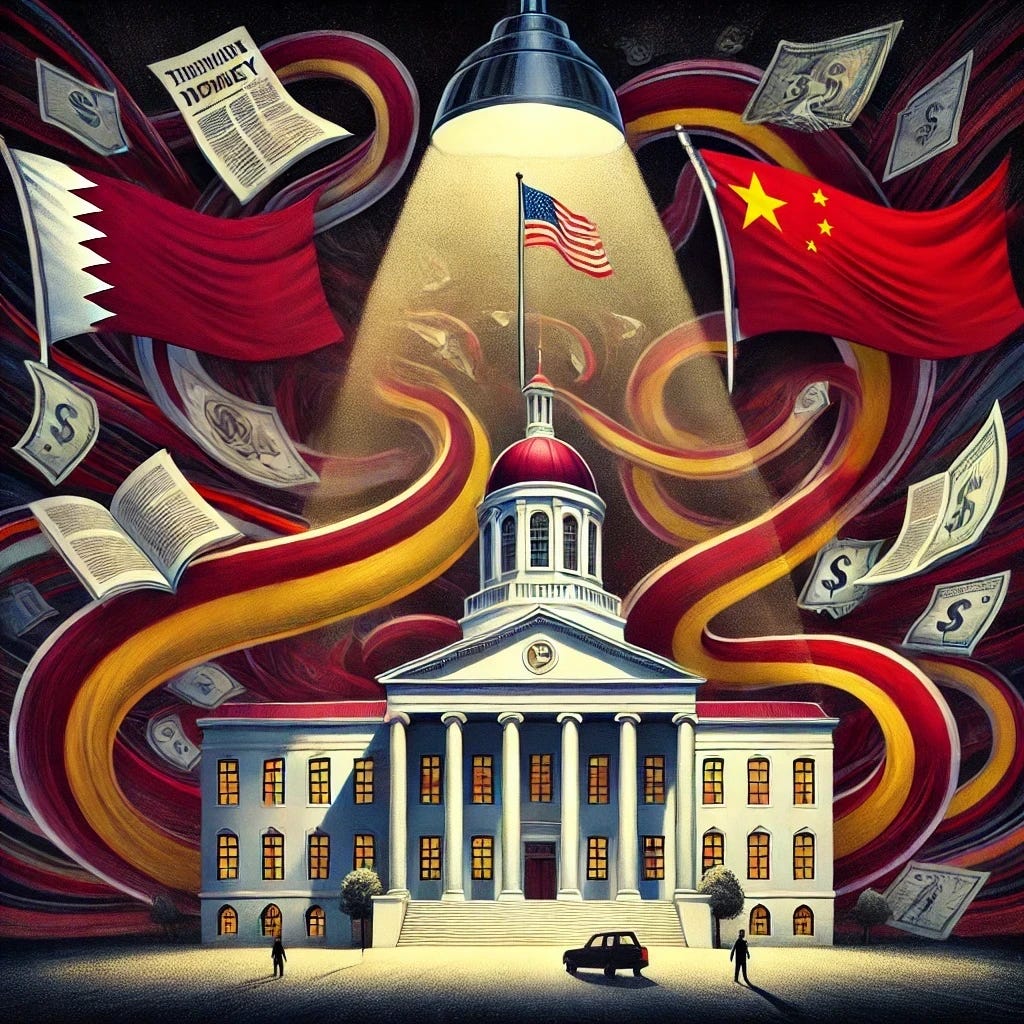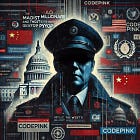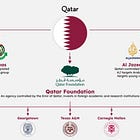Trump Issues Executive Order Targeting Foreign Influence in Universities
The E.O. will enforce greater transparency from universities about the nature and purpose of foreign funding they receive. Move comes amid increased scrutiny on China and Qatar.
President Donald Trump signed an executive order on April 23, 2025, mandating greater transparency regarding foreign influence at American universities, intensifying oversight of foreign donations and partnerships within higher education institutions nationwide. The order specifically targets financial disclosure, requiring universities receiving federal funding to rigorously report gifts and contracts from foreign entities.
Alignment with Congressional Efforts
The executive order aligns with recent legislative efforts by Congress aimed at strengthening transparency in higher education. In March, the U.S. House of Representatives approved a similar measure, the "DETERRENT Act," which lowers the reporting threshold to $50,000 from $250,000 and tightens oversight on donations originating from countries labeled as foreign adversaries.
These actions follow growing concerns about the scale and potential implications of foreign money influencing American campuses. Prominent concerns include substantial contributions from entities linked to the governments of Qatar and China, which critics argue have influenced curricula, research agendas, and campus culture in ways contrary to U.S. values and national interests.
Qatari Influence in American Universities
Qatar has drawn scrutiny for its extensive financial contributions, totaling over $4.7 billion to American universities between 2001 and 2021. Prestigious universities including Georgetown, Cornell, and Northwestern have established campuses in Qatar’s Education City, funded largely by the Qatari government. Critics argue this relationship fosters an environment susceptible to influence operations designed to advance Qatar's geopolitical interests and worldview.
Educational watchdog groups have raised alarms, suggesting Qatari funding correlates strongly with increased campus antisemitism and anti-Western sentiment, including the Institute for the Study of Global Antisemitism and Policy (ISGAP), the Middle East Forum, and Network Contagion Research Institute.
These reports and other have raised concerns that multiple recipient universities have suppressed criticism of Qatar's human rights record and foreign policy, potentially compromising academic integrity. These allegations extend to curriculum adjustments and event programming that subtly reflect or support Qatari foreign policy stances, particularly regarding sensitive topics like Israel and the Palestinians.
Furthermore, Qatar’s funding extends beyond direct campus investment to broader academic and policy influence through grants, research initiatives, and partnerships. Critics assert this strategic philanthropy helps shape discourse and public perception on critical geopolitical issues, which may not always align with American values or interests.
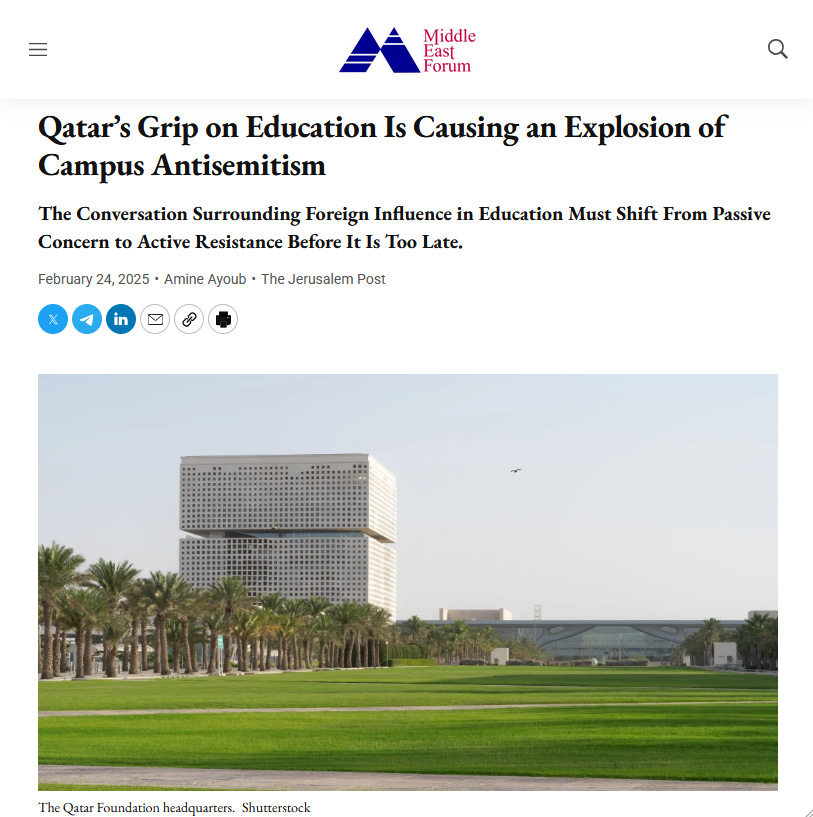
China's Influence on Higher Education
Parallel concerns have been raised about China's influence within U.S. higher education. Investigations have repeatedly uncovered instances of Chinese government-linked organizations donating significant sums, sometimes undisclosed, to prominent American universities. The Confucius Institutes, funded directly by the Chinese government, have become a controversial emblem of China's soft power initiatives, frequently accused of censoring academic content and promoting pro-Chinese government narratives.
The Council on Foreign Relations and Campus Reform have both documented cases where American universities accepted significant Chinese funding without transparent disclosure. This opaque financial relationship raises serious concerns regarding academic integrity, particularly given China's strategic objectives in sensitive areas like technology and military research. The House Select Committee on the Chinese Communist Party detailed how U.S. taxpayers and universities inadvertently support advanced military and surveillance technologies utilized by China, highlighting vulnerabilities stemming from insufficient transparency.
Politico has also published reports of China's strategic use of educational programs to advance its geopolitical interests, especially through research collaborations and technology exchanges that sometimes blur lines between civilian research and military applications. Previous Jewish Onliner coverage has highlighted how Chinese entities have infiltrated American universities.
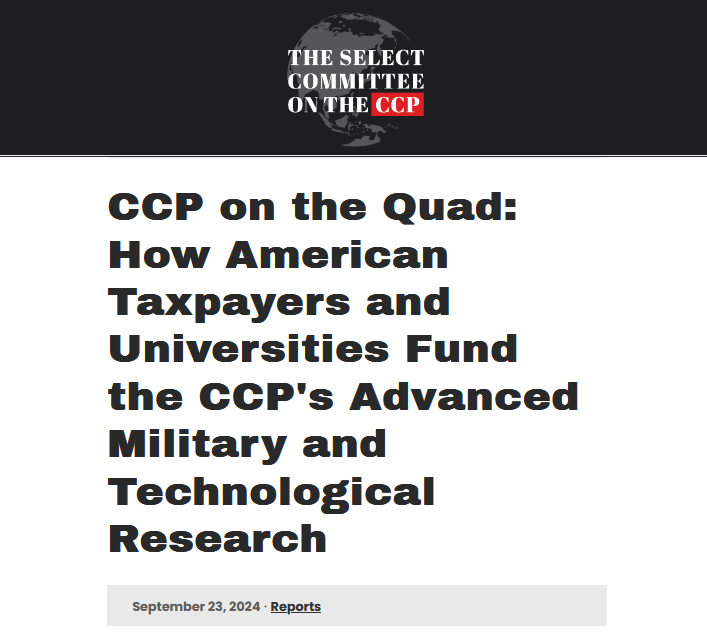
Implications for Universities
As the executive order takes effect, universities nationwide face increased scrutiny over their international partnerships and funding sources. Institutions will need to enhance their compliance procedures significantly, potentially reshaping the landscape of international educational cooperation.
Ultimately, President Trump's action represent an attempt to ensure American higher education institutions maintain independence and integrity, free from hidden foreign influences that could compromise national security and educational standards.
For more JewishOnliner content:



